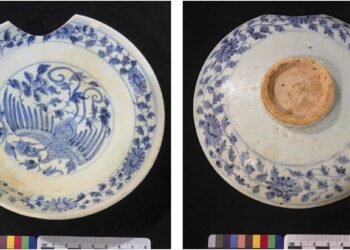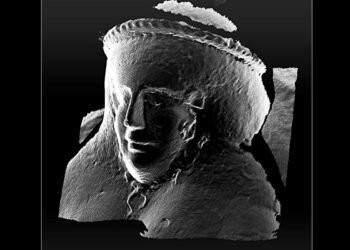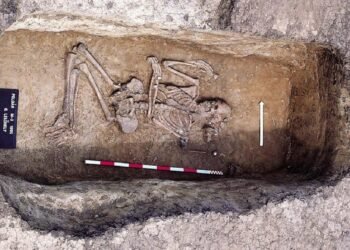A groundbreaking study has revealed a diverse array of microorganisms within the hot waters of the Roman Baths in Bath, UK, which could play a crucial role in the global fight against antimicrobial resistance.

The research, published in the June 2024 issue of The Microbe, marks the first comprehensive examination of the bacterial and archaeal communities residing in these historic thermal springs, suggesting that the ancient site may harbor novel antibiotic-producing bacteria.
The Roman Baths have long been celebrated for their perceived medicinal properties. For nearly two millennia, visitors have flocked to these hot springs, historically revered for their curative powers. Modern science may now validate these age-old beliefs, as researchers have discovered microorganisms in the waters that exhibit antibiotic activity.
The study was conducted by a team from the University of Plymouth’s School of Biomedical Sciences and School of Biological and Marine Sciences, in collaboration with the Roman Baths staff. Scientists collected samples of water, sediment, and biofilm from various locations within the Roman Baths complex, including the King’s Spring, where water temperatures reach approximately 45°C, and the Great Bath, where temperatures are closer to 30°C.

Using advanced sequencing technology and traditional culturing techniques, the team isolated around 300 distinct types of bacteria. Among these, key candidate groups such as Actinobacteria and Myxococcota—known for their antibiotic production—were prominent. Fifteen of these isolates, including examples from Proteobacteria and Firmicutes, demonstrated varying levels of inhibition against human pathogens such as E.coli, Staphylococcus aureus, and Shigella flexneri.
Dr. Lee Hutt, Lecturer in Biomedical Sciences at the University of Plymouth and senior author of the study said: “This is a really important, and very exciting, piece of research. Antimicrobial resistance is recognized as one of the most significant threats to global health, and the hunt for novel antimicrobial natural products is gathering pace. This study has for the first time demonstrated some of the microorganisms present within the Roman Baths, revealing it as a potential source of novel antimicrobial discovery. There is no small irony in the fact the waters of the Roman Baths have long been regarded for their medicinal properties and now, thanks to advances in modern science, we might be on the verge of discovering the Romans and others since were right.”

The urgent need for new antibiotics cannot be overstated. Antimicrobial resistance is estimated to be responsible for over 1.27 million deaths globally each year, and this toll is expected to rise to 10 million annually by 2050 if new treatments are not developed. The discovery of potentially beneficial microorganisms in the Roman Baths’ hot springs offers a glimmer of hope.
Further research is essential to harness these microorganisms’ potential fully. The initial study indicates that the hot springs’ unique ecosystems could yield novel natural products capable of combating antimicrobial resistance. However, extensive investigation is required before these findings can be translated into clinical applications.






















